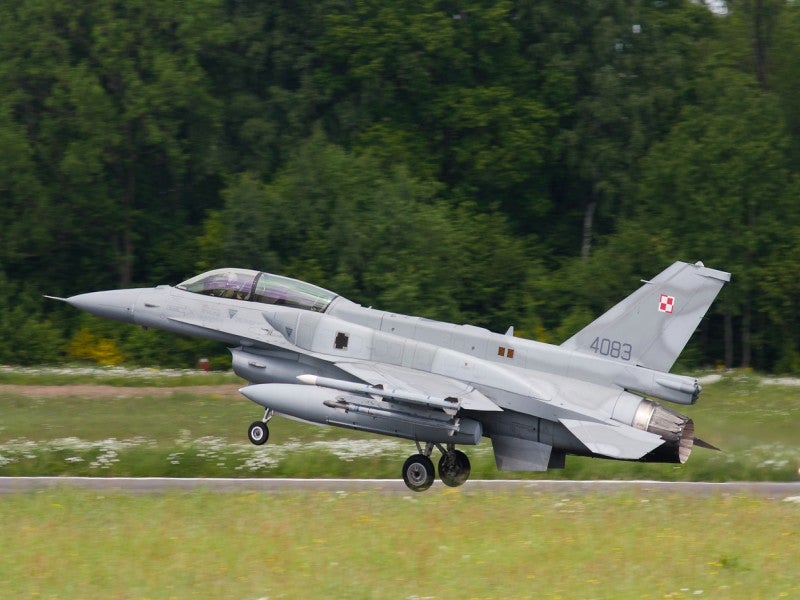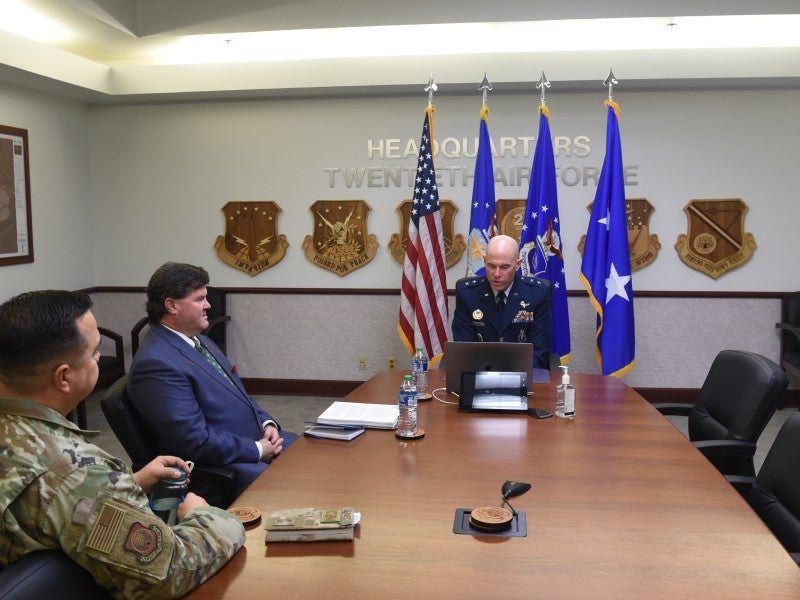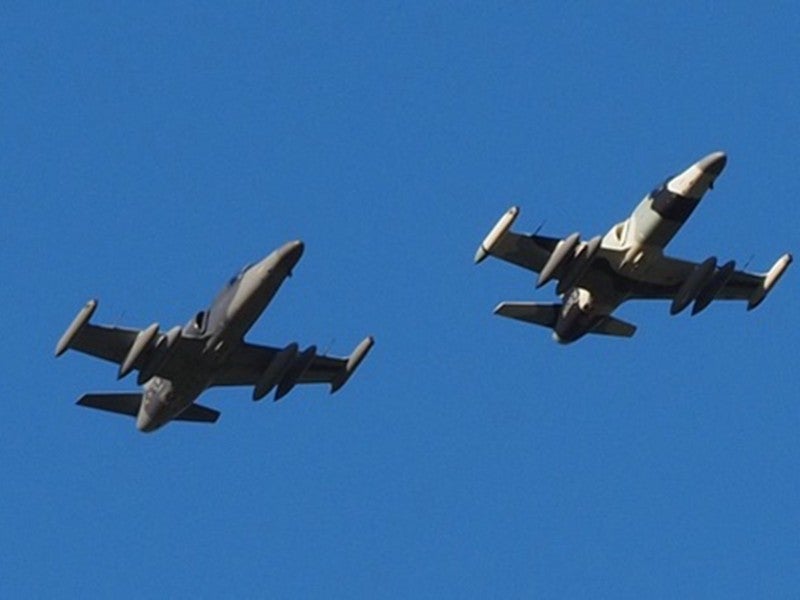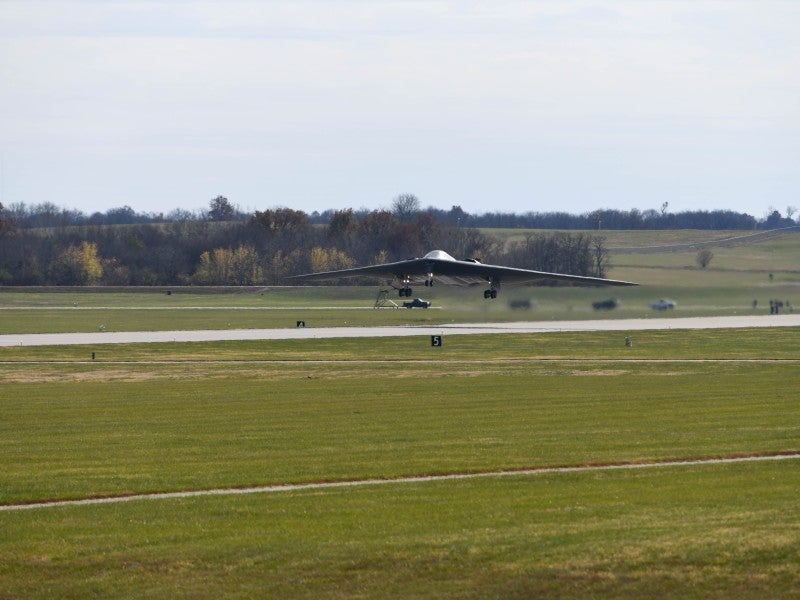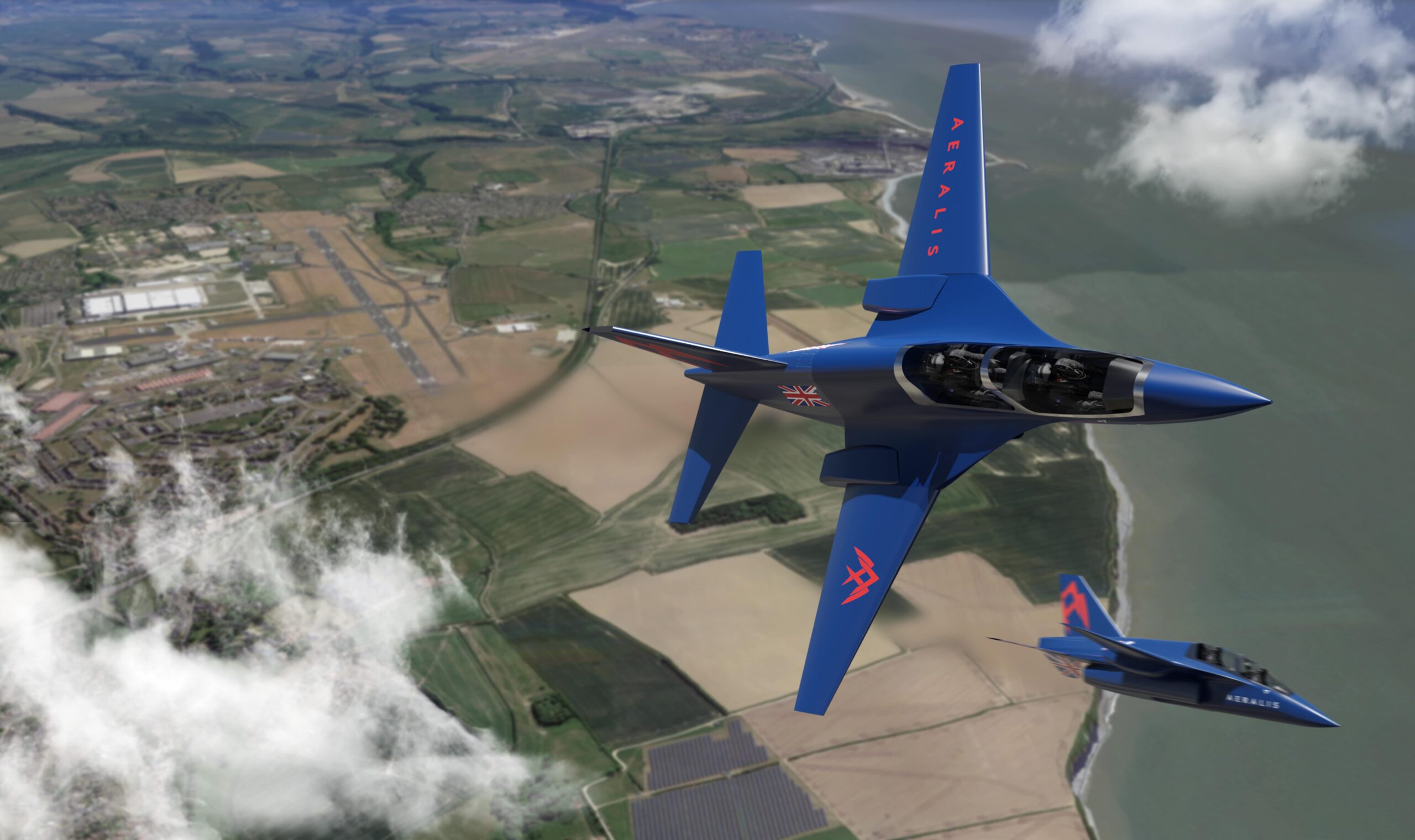
UK-based jet aircraft developer Aeralis has been awarded a three-year contract by the Royal Air Force’s Rapid Capabilities Office (RCO) for further research and development of its modular jet design.
Air Force Technology understands that Aeralis has received initial funding worth £200,000 to cover this year with further funding to be confirmed at a later date.
Under the contract, the RCO – which also leads the Tempest Future Combat Air System (FCAS) programme – will support the requirements and design review process to gain a better understanding of the Aeralis design could support the future RAF fleet.
The company’s design features a common core fuselage with different wings and engines tailoring the aircraft for different roles from a basic training aircraft through an advanced trainer to an aggressor platform or potentially an uncrewed aerial system.
 Image: Aeralis.
Image: Aeralis.
Aeralis chief executive officer Tristan Crawford said: “Aeralis is focused on re-inventing how future military aircraft are developed and operated, and we’re delighted to help set the pace and vision for future RAF systems with the Rapid Capabilities Office.”
The company says its modular design ‘streamlines’ the design, development and in-service support of the aircraft with the company estimating that an Aeralis fleet could save Air Force’s 30% of costs when compared to a traditional mixed fleet of aircraft. The RAF’s current jet training aircraft fleet is made up of Hawk T1 and T2 aircraft.
RAF RCO head Air Commodore Jez Holmes said the Aeralis concept offers an ‘extremely disruptive’ approach to design, modelling and certification processes in military aircraft, adding: “We are pleased to be working with Aeralis to explore the modular air-system approach to future aircraft certification, design and development and, in particular, to understand the exploitation potential of Pyramid, our new open mission system architecture.”
On its website, Aeralis says all the configurations of its modular jet will share 85% of their parts.
Crawford added: “As well as helping to enable rapid, digitally-driven development and the certification of flexible, open-architecture aircraft systems, this supports UK prosperity and the Government goal to champion British innovation. We are creating a significant export and global relationship development opportunity for the UK.”
Deputy Chief of Defence Staff Air Marshal Richard Knighton said: “I’m delighted to hear of the RCO contract with Aeralis. This private aircraft company is adopting an innovative approach that I have not seen before in the combat air sector.
“Its ingenious and innovative use of modularity, together with applying lessons learnt from the commercial sector offers the potential to break the capability cost curve that has dogged military fast jet programmes for many generations. The design philosophy could be disruptive, providing a means to improve international competitiveness and shift away from expensive bespoke platforms.”
Looking towards full-scale production, Aeralis thinks the project could create over 200 high-value design jobs in the UK, with a further 3,800 jobs created in a future potential supply chain.
 Image: Aeralis.
Image: Aeralis.

